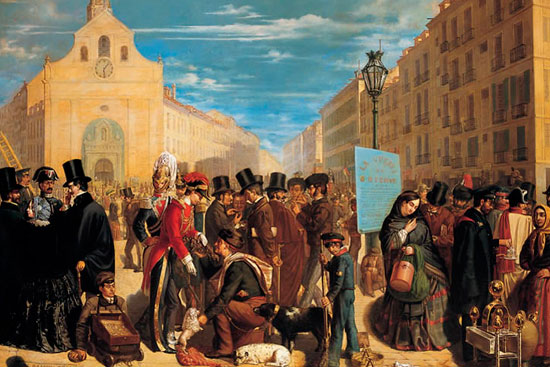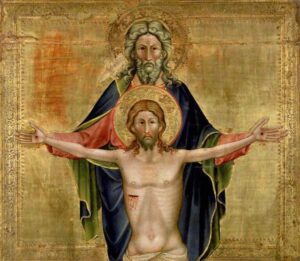Question: I would like to submit the following group of issues to your judgment. It is a fact that modern industrial societies have allowed their members access to conditions of life without parallel in the rest of human history (life expectancy, calorie consumption, infant mortality, etc.). Despite this, the Church has repeatedly criticized economic freedom, championing all kinds of theses that have already been incorporated into the legislation of moderately developed countries (the right to union association, maximum working hours, etc.). One gets the impression that Catholicism abominates economic freedom and the individual ambition that serves as its engine. Is Catholicism incompatible with economic freedom (economic liberalism)? Is individual ambition, exercised within the existing laws, sinful in itself? Is social inequality sinful in itself, even if it has some basis in the inequality of talents or the inequality of work ethics? Is it in itself wrong for Christians to try to enrich themselves through their own work and within the law?
Answer:
Due to the diversity and breadth of your questions, I am obliged to answer you with a series of principles that I hope will illuminate your concerns.
- It is entirely licit for every man to try to grow economically within the norms of social justice. Work is a gift from God; so too is the desire to prosper while respecting justice and charity. You can read on this matter in the Catechism of the Catholic Church, numbers 2426-2436.
- The economic liberalism that is based on the absolute primacy of the law of the market over human labor is immoral and inhuman because it debases the person, submerges them in a materialist, consumerist worldview, and because it violates justice and charity towards the most vulnerable. The Church teaches that, ‘[a] reasonable regulation of the marketplace and economic initiatives, in keeping with a just hierarchy of values and a view to the common good, is to be commended.’x (Catechism, 2425).
- Any system in which social relationships are determined entirely by economic factors is contrary to the nature of the human person and his acts. (Catechism, 2423).
- A theory that makes profit the exclusive norm and ultimate end of economic activity is morally unacceptable. (Catechism, 2424).
You can read on this matter the Encyclicals of Pope John Paul II: Centesimus Annus, Sollicitudo Rei Socialis, Laborem Exercens. Also Gaudium et Spes, from the Second Vatican Council.
Fr. Miguel A. Fuentes, IVE
Original Post: Here














